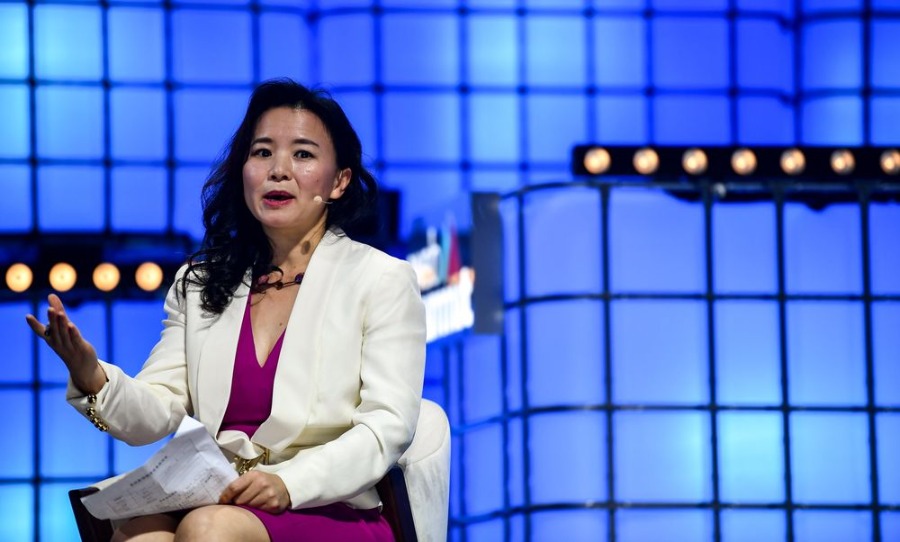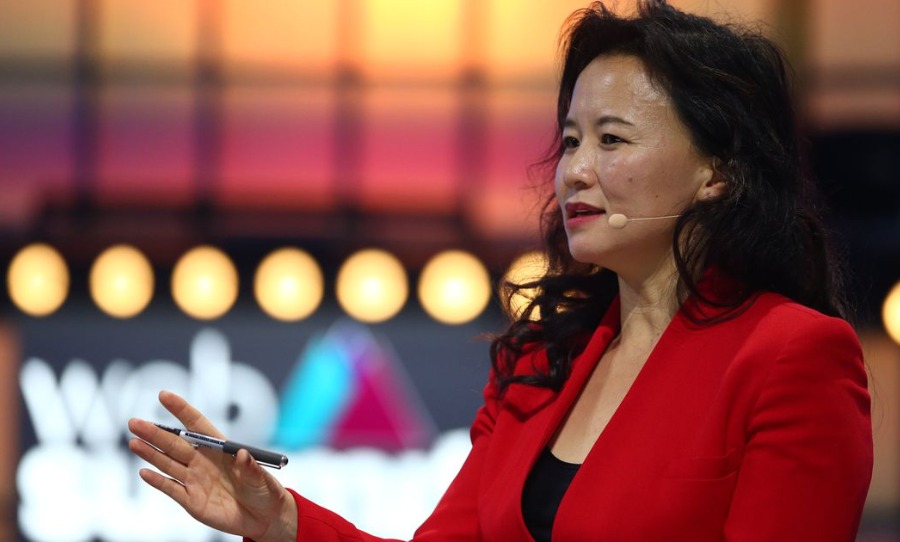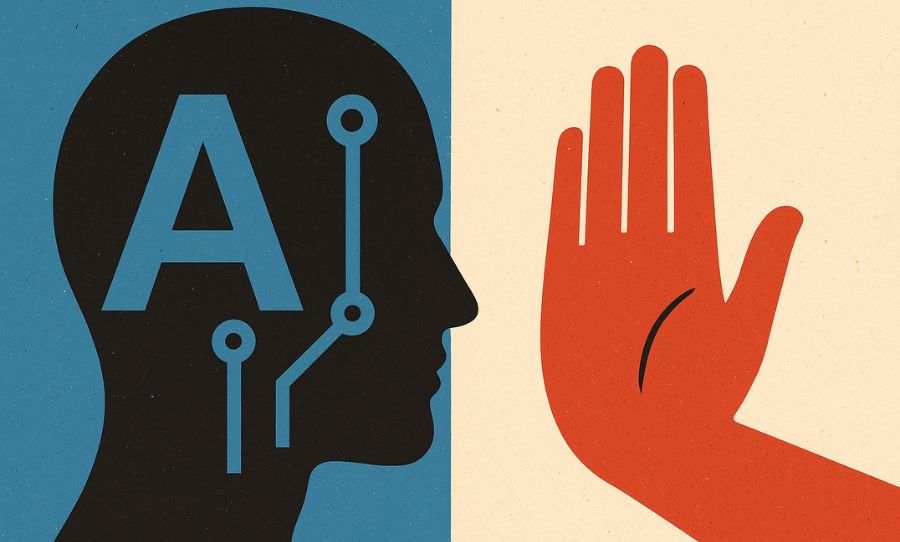Over six months since her arrest, investigations into Australian correspondent Cheng Lei – who has been accused of leaking state secrets in China – will commence.
Chinese-born Australian journalist Cheng Lei has been “officially” arrested by Chinese authorities. After six months of detainment without charge, authorities confirmed that the journalist has been accused of leaking state secrets overseas.
Cheng Lei, a former business anchor for Chinese State television network CGTN, was a highly respected journalist prior to her mysterious arrest in August 2020. Her plans to reunite with her 11-year-old daughter and 9-year-old son in Melbourne were stifled when police arrived unannounced at her Beijing apartment on August 13, arresting and confiscating her electronic devices.

Lei’s Australian friends and family became concerned of her whereabouts after the reporter ceased contact them and her employer CGTN completely wiped eight years of her work from their website. Chinese authorities then announced that, although Lei had not been charged, she was currently detained under “residential surveillance at a designated location”.
According to the ABC, this “designated location” allowed investigators to question the suspect for up to six months without providing Lei with a lawyer or any means of contact.
My heart goes out to Cheng Lei. She is an outstanding news & current affairs presenter a professional woman of high standing, a single mother separated from her children. She deserves, at the very least, our sympathy & best efforts to free her from this nightmare.
— Claire Wood (@JustClaireWood) February 8, 2021
Until a few days ago, her charges remained unclear to her family. “I don’t think she would have done anything to harm national security in any way intentionally,” Lei’s niece and spokesperson Louisa Wen mentioned.
Wen also revealed to the ABC that Cheng’s health had significantly deteriorated after her stint locked in a dark cell, facing multiple interrogations and tightened security. Despite the formal arrest, authorities have failed to provide further details except that they hope Australia will “not interfere with China’s handling of this case.”
Cheng Lei’s ‘formal arrest’ for ‘supplying or intending to supply intelligence or state secrets’ to foreign orgs or individuals doesn’t mean she’s charged, but a clear sign investigators intend to press on with the case. Could be many more months or more than a year to a trial.
— Bill Birtles (@billbirtles) February 8, 2021
In recent years, the Chinese/Australian foreign relationship has significantly deteriorated. This has made it increasingly difficult for Australian authorities to negotiate with Beijing officials over Lei’s release. Foreign Minister Marise Payne has expressed serious concern regarding the condition of the journalist’s time in detention. The Australian embassy have only visited Lei six times since August.
“We expect basic standards of justice, procedural fairness and humane treatment to be met, in accordance with international norms,” Payne says. This is not the first time Australian journalists have risked their lives in China. Australian writer Yang Hengjun, based in China, has reportedly been detained for almost two years.
Hengjun, yet to face trial, has been subject to over 300 interrogations for alleged espionage charges. He did not meet with a lawyer until his 19 month into his detention. Shortly after Lei’s arrest in August, the last two Australian correspondents followed consular advice and fled China, according to the BBC.
A record number of journalists were jailed last year… 274 were detained across the globe according to the Committee to Protect Journalists. #chenglei pic.twitter.com/8g028xaQo9
— Emily Angwin (@EmilyCAngwin) February 8, 2021
Lei’s family hope that Chinese authorities will show “a bit more compassion to her current plight”, with her two young children awaiting her return in Melbourne. Senator Payne expects, due to the broad charges of supplying state secrets overseas, that the investigation could continue for months.
For more serious convictions of leaking state secrets, Lei could face a penalty of life in prison or possibly death.



